How one reporter tried to overcome mistrust to tell a fuller story about guns and suicide
By Adam Drapcho and Julie Hart, Laconia Daily Sun
Warning, this article discusses death by suicide.
Listen to the full interview on The Granite Beat podcast and subscribe wherever you get your podcasts
As mass shootings and deaths by suicide involving firearms become a greater part of the public conversation, journalists find themselves tasked with reporting on these issues while also providing context. While these topics are never easy to cover, the uneasiness some people feel about discussing these issues with reporters, and thus publicly, not only make that harder, but can make it more difficult for a variety of points of view and experiences from becoming part of that public discussion.
In this week’s episode The Granite Beat hosts Adam Drapcho and Julie Hart spoke with Sheryl Rich-Kern, a writer, editor, producer, and journalism instructor at Southern NH University, about her extensive career in the industry. She shared insights into her recent piece Guns and suicide: A search for common ground to save lives in New Hampshire and previewed what she’s working on next.
This transcript has been edited lightly for length and clarity.
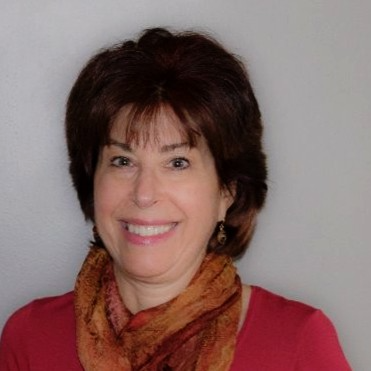
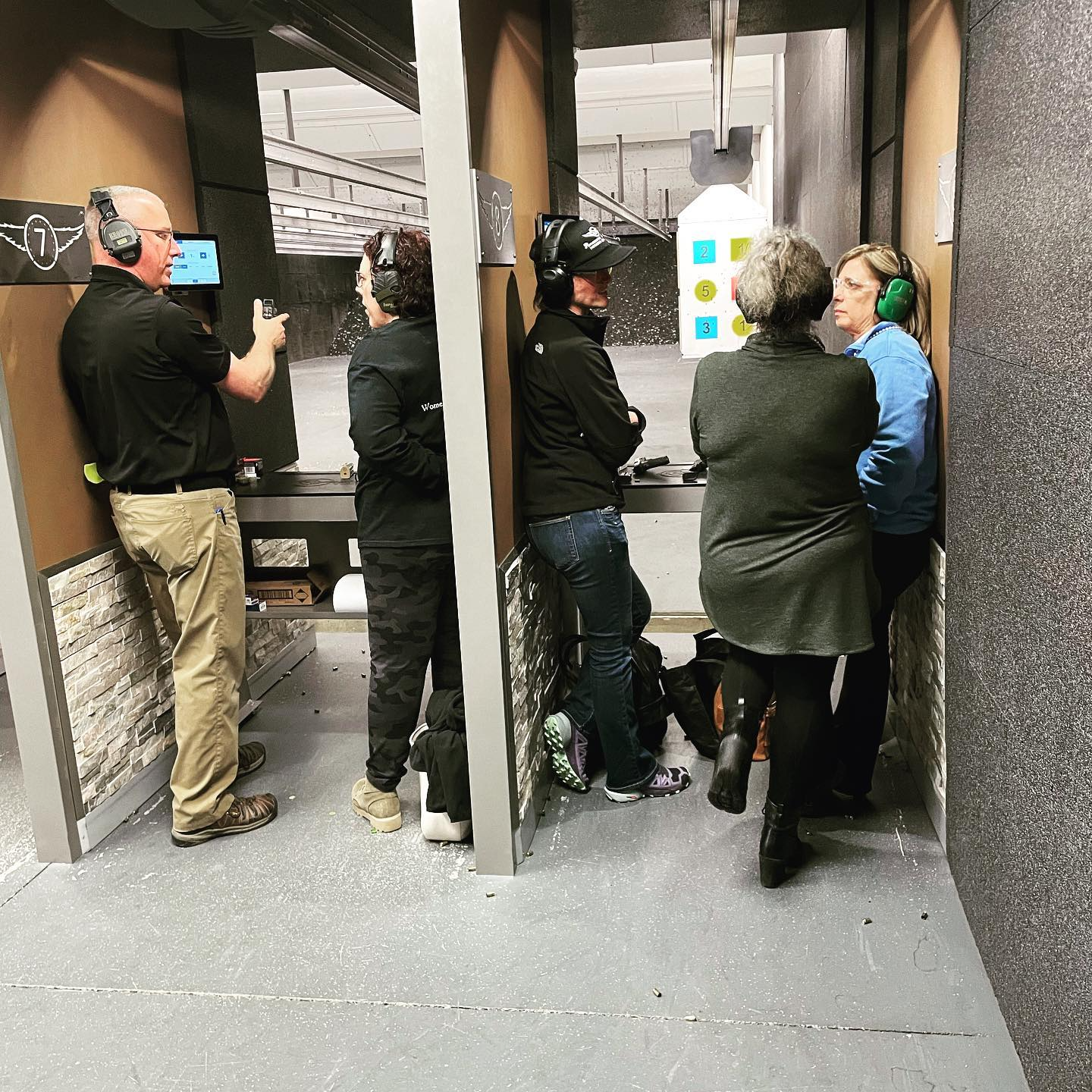
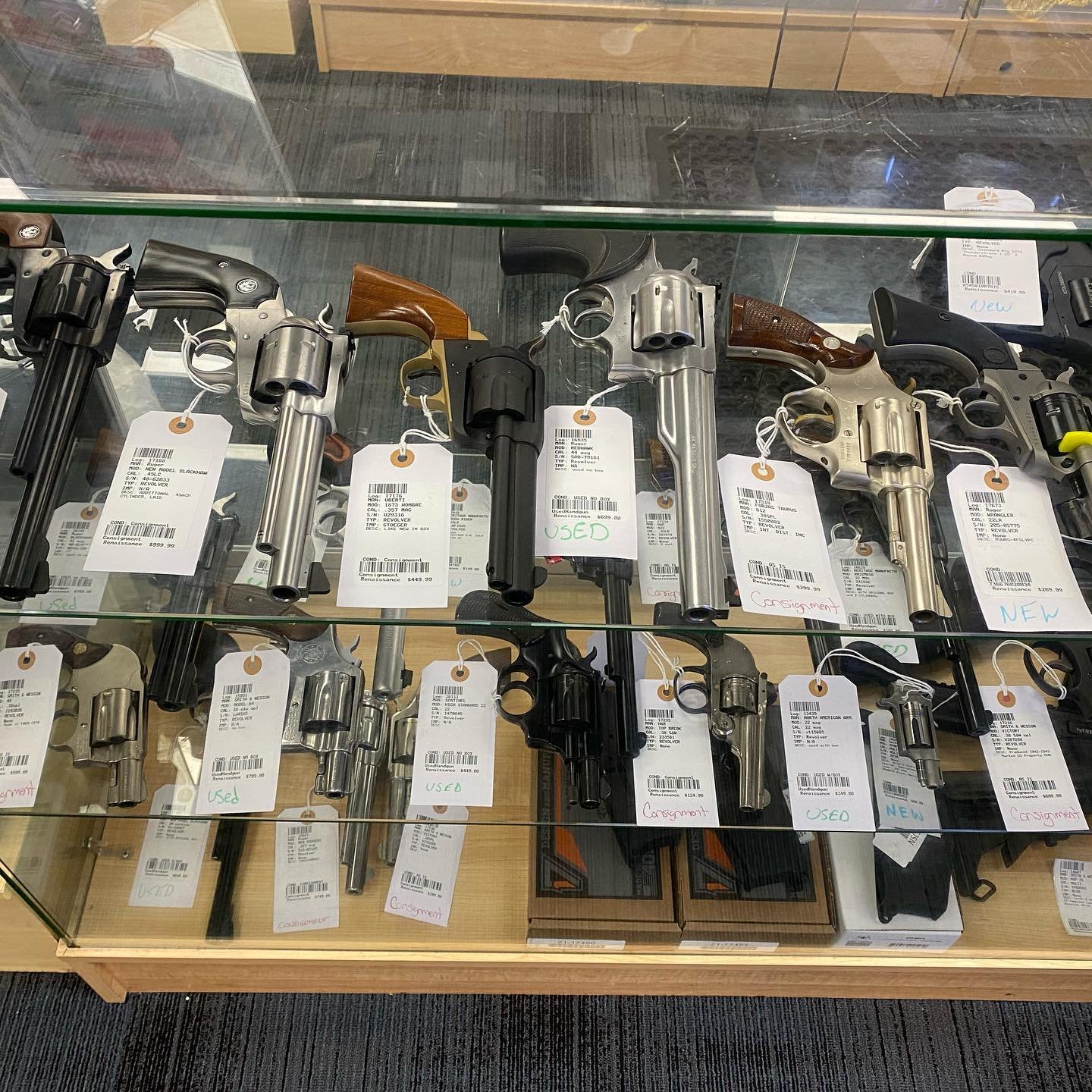
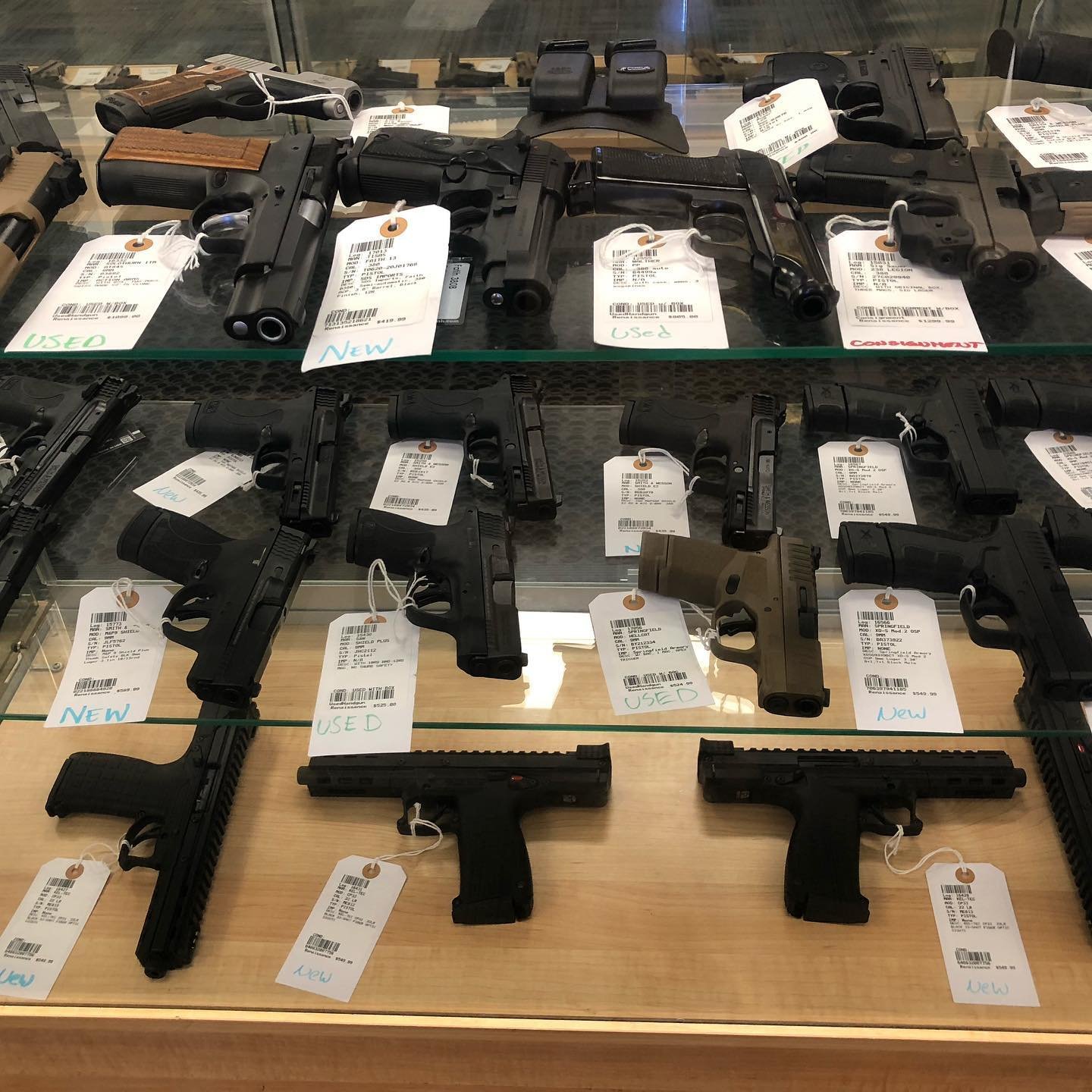
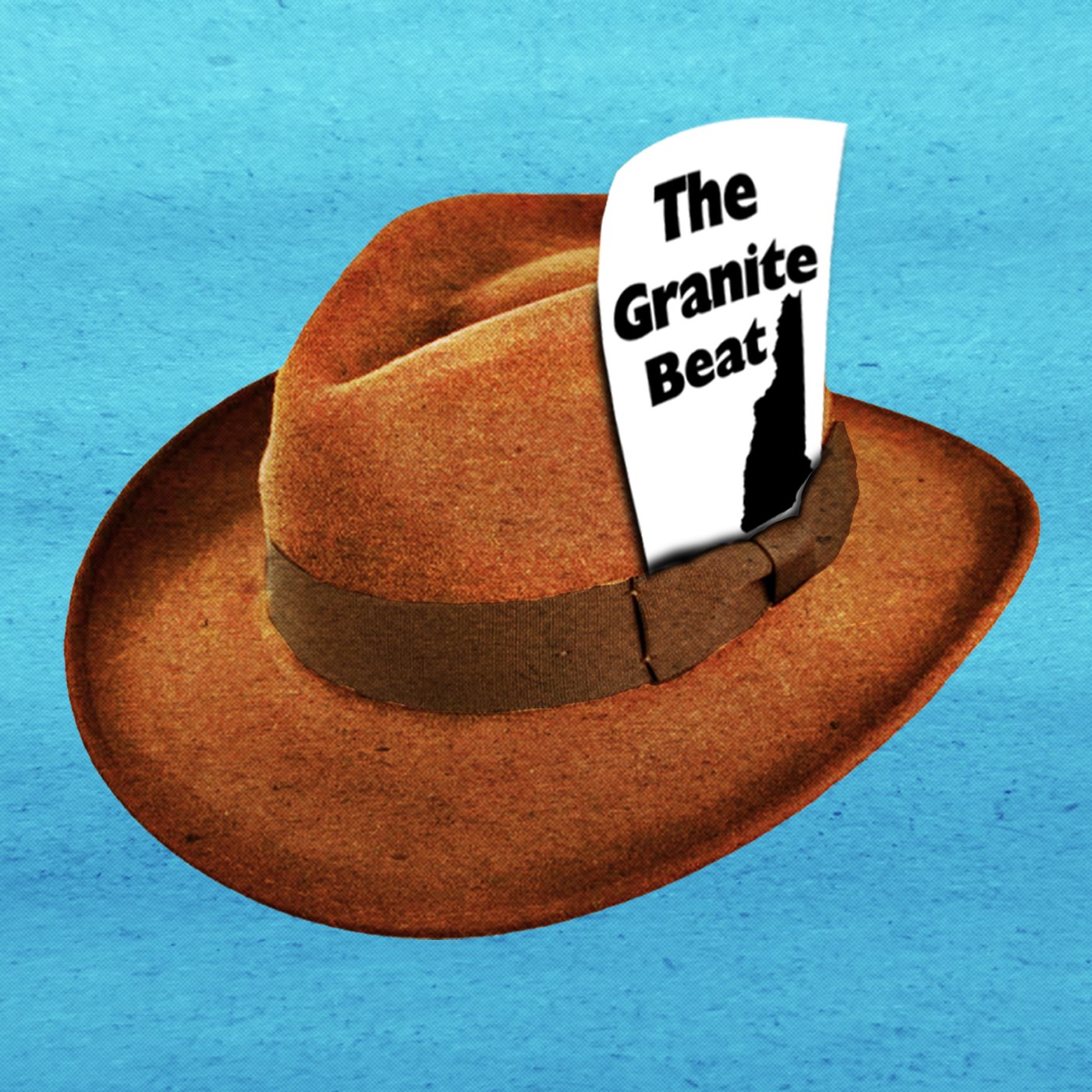
Adam Drapcho: What does your journalism career look like?
Sheryl Rich-Kern: I began using my writing skills in the corporate world as a marketing and PR specialist for a few different high tech firms. A lot of times journalists will start out working in a city beat and sometimes later move into PR. I kind of did the reverse. I was writing brochures, white papers, speeches, customer profiles, and I produced promotional videos. I later freelanced for those organizations in addition to writing for some trade publications in the freelancing world. We weren't really in a gig economy so much in the eighties, but in the nineties after I had kids, it worked really well for me.
Somewhere around 2005, I was commuting into Boston where I worked part-time for a nonprofit writing campaign materials and newsletters. The drive was really long and I would always be listening to NPR and hearing the stories and it would get me thinking, what do I really want to do? I mean, the epiphany was like, it wasn't really fundraising, but I really wanted to get into journalism. I had dabbled in it a little bit before, but I was not as engrossed in it as I am now. I just thought, I can do that, I can write these kinds of stories. I called the news director at New Hampshire Public Radio and I sent him some writing pieces and I asked him, would he be willing to teach me how to do the audio production? That was something I knew nothing about. I think I hit it at the right time because he said he was looking for a correspondent for Nashua.
I live in Nashua, this is not their paradigm now, but the way NHPR worked back around 2005-2006, they had a few reporters that worked full-time, but they also had correspondents around the state. After learning the audio production, I became their correspondent for Nashua. I did that for maybe 10 years or so. I'm not affiliated with them anymore, but at the same time, I started writing for Business New Hampshire Magazine, I think I wrote for New Hampshire Business Review, and I also continued freelancing for some trade publications. One of them was Diversity Careers in Engineering, where I would profile different engineering professionals who represented either people of color or people from other marginalized communities. That's how I got into being a journalist in New Hampshire. Then when the Granite State News Collaborative launched, I joined its group of freelancers.
Adam Drapcho: I'm interested in hearing about a story you published earlier this fall about gunshots and suicide prevention. Could you tell us how that story idea came to you and what it was about the story that intrigued you?
Sheryl Rich-Kern: When Melanie [Plenda, director of The Granite State News Collaborative] put out an email saying that the Granite State News Collaborative was going to cover some stories about guns,I mentioned to her that about 10 years ago, I had done a story that had the same theme: guns and suicide, where I wrote about the Gunshop project and how I came up with that idea 10 years ago. It was a radio story where I had gone to a gun shop and I had interviewed a gun shop owner. I don't really know much about the culture of guns. It's never been in my family. Nobody in my family hunts. It was an unfamiliar world to me. Meeting that shop owner, I walked away thinking he's really a nice guy. He really cares about safety and suicide prevention.
When you work on stories, one of the things that's really interesting about journalism is you get to hear other points of view. It's our job as journalists to present balance and not just give opinions. When I sent Melanie a link to that story from 10 years ago, thankfully it was still on the internet, and she said, why don't you do an update on it? Doing an update on it was much harder than the story I did 10 years ago because it was hard to get gun shop owners to talk to me.
One of the things I talk about in that story is a training module that was developed to get pediatricians and other primary care providers to give them guidance on how to talk to parents about guns rather than just saying, we don't think you should have guns in the house. If you have guns in the house, let me talk to you about safety. One of the firearms safety instructors was a critical component of this training course. His name was Tom Brown, he's the safety instructor at the Manchester Firing Line. I emailed him and I said I wanted to interview him for the story. He expressed his reservation about talking to reporters, which really set a tone for everybody else I tried to talk to after that. He said, I only want to talk to you if you'll come to the firing range and shoot.
That was just not something I wanted to do. This story isn’t going on 60 minutes. I don't see myself being Diane Sawyer and having a video of me putting on safety glasses and going out on the shooting range. The story's about suicide prevention, not about whether or not I'm willing to shoot a gun or whether or not I think anybody should have a gun. That's not what the story was about. We went back and forth for a while and I wasn't able to talk to him. I wasn't going to adhere to his demands. I called about a dozen shop owners and most of them would not speak to me. What I came to realize was, it wasn't that they just didn't want to be interviewed. They're wary of journalists because we've had all these massive shootings, people are putting blame on gun shops. I did eventually find two that would talk to me, so it took a long time to write that story.
Adam Drapcho: You did find a couple that were willing to talk to you. Were they open and forthcoming, or were they still reserved?
Sheryl Rich-Kern: Buddy Hackett was very open and very committed. He has a master's in social work. He was my first interview. He talked a lot about how much he cared about suicide prevention. The guy at Granite State Indoor Range was a little more difficult. I had to persist to get him. I had to repeatedly call and email him. The connection there was that, in the story, I talk about the collaboration between the National Shooting Sports Foundation and the American Foundation for Suicide Prevention. I asked my contact at the National Shooting Sports Foundation who in New Hampshire was displaying their materials. That contact pointed me to the Granite State Indoor Range. I had a little bit of an in there to say, I hear that you're actually displaying the suicide prevention materials that the association provides. I'd like you to tell me about that. So that's how I got that interview.
Adam Drapcho: What did you learn through this investigation, and was there anything that surprised you?
Sheryl Rich-Kern: I was surprised at how committed the National Shooting Sports Foundation was to suicide prevention. Why shouldn't they be? They have to care because we have to do something about this. The other thing that surprised me, I knew that a lot of gun deaths were suicides. I did not know the extent of it In New Hampshire. In New Hampshire, we don't have high numbers for homicides in general. Let's say it was something around 120 gun deaths. 91% of them were suicides. That's a shocking number. It's painful because a lot of those deaths could be prevented.Thoughts of suicide are usually fleeting, but the method matters.
If the method is a gun, it's usually fatal. You can't change your mind. You read about the mother that I interviewed who lost her son. She talked to me a lot. I think she was processing her grief and went off on a lot of different tangents. She communicated to me that she was aware that her son had guns and she was very uncomfortable about it. He had mental health problems that weren't new and she did not want him to have guns, but he was an adult, there wasn't any way that she could take those guns away from him. Coincidentally, I was talking to a friend of mine who lives in New Jersey and she's a therapist and she said that in New Jersey, if someone lands at the emergency room because of an attempted suicide, there's a law that says that the police or maybe some other type of first responder needs to go to the home and see if there are guns and take those guns away. We don't have anything close to that in New Hampshire.
Adam Drapcho: Are you working on anything else that you'd like to preview?
Sheryl Rich-Kern: I'm writing an article. I haven't started actually writing it, I should say I'm in the researching stage so I can learn more about it. This is for Business New Hampshire Magazine. I've been asked to look not so much about pricing for electricity and gas, but supply issues. What's being done to diversify our energy sources, what various policy experts think should be done to ensure we have an energy future. There was talk a while ago, although now they're saying we don't need to worry so much, but the state is potentially facing winter brownouts, so what are we going to do about that? I've never had an energy beat. It's not a topic I know a lot about, so I'm trying to read up as much as I can before I actually reach out to the people I need to interview so that I can ask intelligent questions.
Contact the 988 Suicide and Crisis Lifeline if you are experiencing mental health-related distress or are worried about a loved one who may need crisis support. Call or text 988. Chat at 988lifeline.org. Connect with a trained crisis counselor. 988 is confidential, free, and available 24/7/365. Visit the 988 Suicide and Crisis Lifeline for more information at 988lifeline.org.
This article is part of The Granite Beat, a project by The Laconia Daily Sun and The Granite State News Collaborative, of which Laconia is a partner. Each week Adam Drapcho and Julie Hart, will explore with local reporters how they got some of the most impactful stories in our state and why they matter. This project is being shared with partners in The Granite State News Collaborative.
